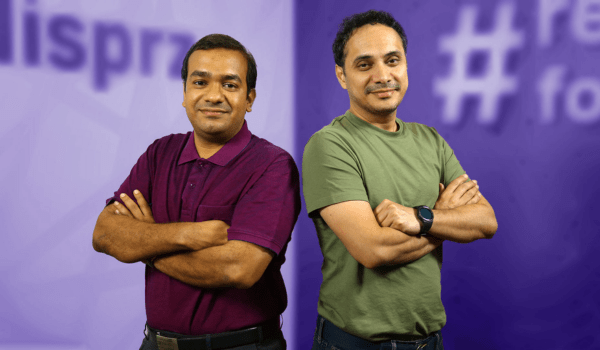The corporate learning and skilling company Disprz has raised another round of funding in Series C. The company has secured Rs 240 crore ($30 million) from multiple investors, including Lumos Capital Group, 360 ONE Asset (IIFL), Kae Capital, KOIS, and Dallas Venture Capital.
This learning platform aims to fuel its global expansion plan, primarily in the US, and drive product development with this funding. The company’s goal is to integrate Generative AI throughout the learning and skilling cycle. By leveraging Generative AI and cognitive sciences, the company intends to provide personalised content creation, content discovery, and skills intelligence.
Disprz will utilise the funds to expand its global team, hiring data scientists, skill scientists, and software engineers to shape the future of people advancement and people intelligence, including further investments in Generative AI capabilities.
The company also plans to accelerate its success in the markets it operates in through larger and localised go-to-market teams, building brand awareness in the new era of skill-based talent management.
In addition to market expansion and product development, Disprz aims to form strategic partnerships and make targeted acquisitions. The company intends to collaborate with the broader learning and people-tech ecosystem, including HCM players, people reward platforms, learning content providers, assessment companies, and global HR consulting firms.
It is important to observe how Disprz progresses with this investment. Notable competitors in this segment include Skillsoft, Pluralsight, Cornerstone OnDemand, Degreed, LinkedIn Learning, etc.
In 2020, the corporate learning and skilling market in India was estimated to be valued at around Rs 1600 crore, and it was projected to grow at a compound annual growth rate (CAGR) of over 14 per cent from 2020 to 2025. The COVID-19 pandemic accelerated the adoption of digital learning platforms and online upskilling, further driving the industry’s growth. Digital transformation, government initiatives, and changing work dynamics have contributed to this growth.


